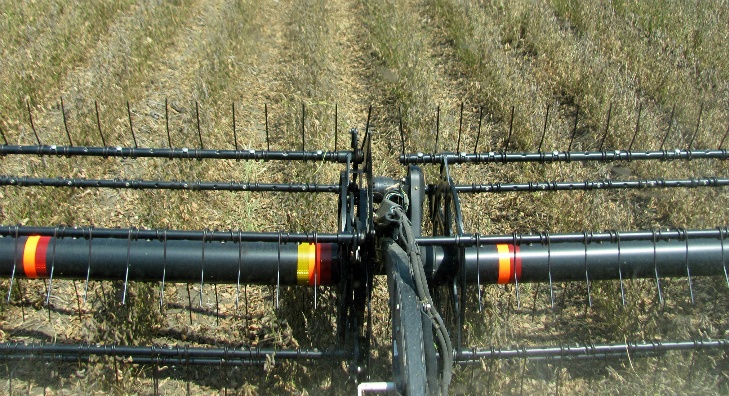Federal and state agencies scramble to find enough workers in the ag sector
by April 9, 2020 4:25 pm 841 views

Photo credit: University of Arkansas System Division of Agriculture
Farmers face a myriad of challenges as the spring planting season unfolds, not the least of which is finding enough workers. COVID-19 will likely impact those workers on farms, and a second group of workers – temporary immigrants with H-2A agricultural work visas – have had a much harder time crossing the border to work this season, according to estimates.
Many international flights into the country have been canceled, hampering the ability of workers from multiple countries to travel.
U.S. Sen. John Boozman, R-Ark., a senior member of the Senate Committee on Agriculture, Nutrition, and Forestry, is advocating for flexibility with agriculture employee programs in order to prevent a labor shortage and to maintain an abundant food supply in the United States. In a letter to Secretary of Labor Eugene Scalia and Acting Secretary of Homeland Security Chad Wolf, Boozman and other senators pushed for the development and implementation of guidance to provide flexibility in the H-2A program.
“Our nation is working around the clock to address the COVID-19 crisis, and our farmers are on the front lines of our country’s response,” the senators wrote. “We must ensure that our farmers can continue to rely on the H-2A program during this time. Your agencies have equities in the functioning of our nation’s immigration system, and we urge you to adopt flexibilities that will protect our country’s food supply as you administer the H-2A temporary agricultural worker program during this crisis.”
Specifically, senators asked the departments to develop and implement guidance that will allow approved H-2A workers at the end of a contract period to extend their contracts if they are impacted by travel restrictions imposed by the U.S. government or by the government of their country of origin.
The letter asks to increase the maximum time for H-2A visas holders to stay in the country to mitigate the effects of U.S. citizenship and immigration services center closures during the COVID-19 crisis and allow H-2A employers to share available workers among farms until the federal government is able to resume normal operations.
The State Department has not released an official count of how many H-2A immigrants are in the country or how many have been prevented from entering the U.S. American Farm Bureau Federation Executive Vice President Dale Moore said last month that one of the most pressing problems for producers this season will be the lack of laborers.
The letter from Boozman and other senators also asks for the expanding the categories of H-2 applicants whose applications can be adjudicated without an in-person interview and allowing consular officers to waive the visa interview requirement for some first-time and returning H-2 applicants who have no potential ineligibility.
In Arkansas, the state’s National Guard issued a recommendation this week that all of its unemployed soldiers, airmen, veterans, and anyone else associated the Guard should consider taking a job in the ag sector.
“The COVID-19 Pandemic is more than just a health-crisis. It is currently impacting Arkansas’ agricultural industry with critical manpower shortages due to the inability to hire migrant workers. Crops must be planted and without workers, a lack of food and other agricultural commodities will have significant impacts to security and stability. The Arkansas Department of Agriculture, the Arkansas Farm Bureau, and other state and federal agencies are requesting Arkansan’s help. This is a must-fill the void left by non-existent H2A (migrant) workers. Pay is up to $20 per hour based on experience, as well as possible housing and meals may be available,” the Guard letter states.
